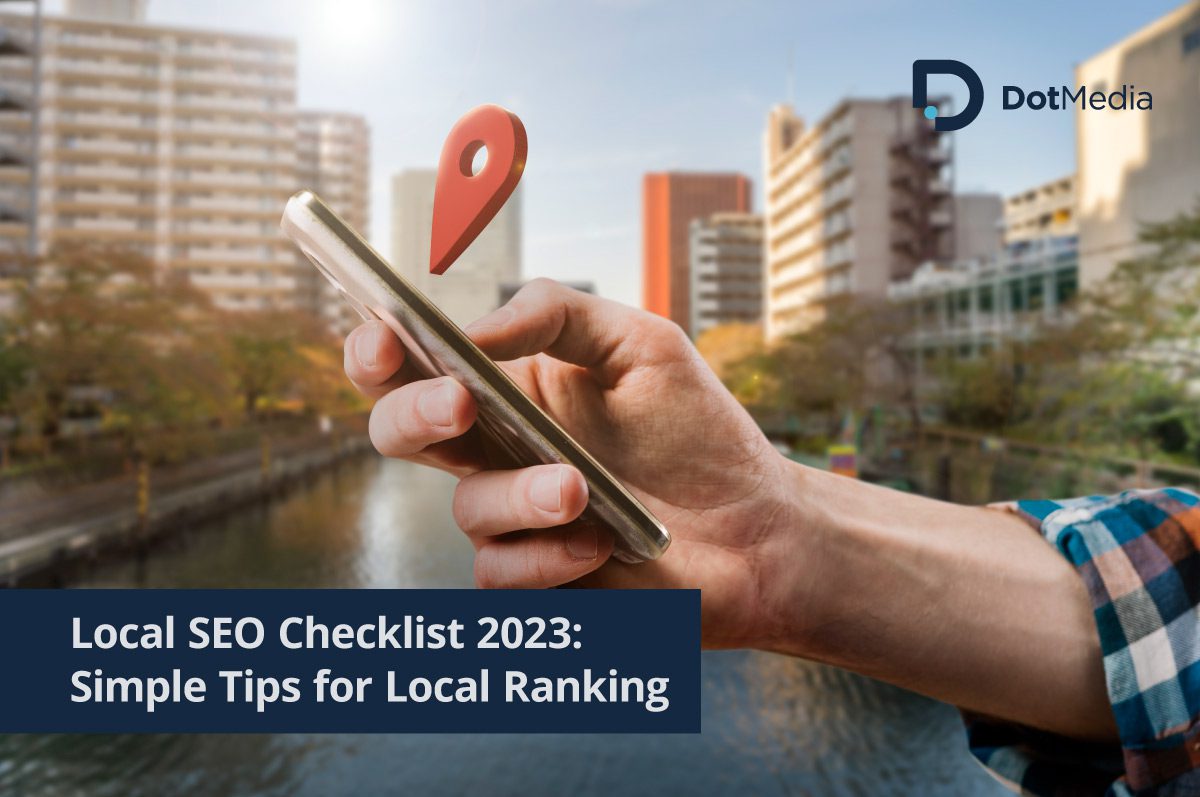On-Page SEO – 6 Parts of Your Website That Should Be Optimised
Your website can establish your online presence and image when built properly. With a wide variety of web builder websites, you can easily set up one without any hassle. However, while they seem affordable and great at first glance, most of the time, you get what you pay for. This means you might get an exceptional digital brochure, but it might not be Google-friendly. In other words, it can fail to become your company’s marketing engine. To rank on search engine page results (SERPs) and boost your chances of getting found by your potential customers, it is best to take advantage of on-page search engine optimisation (SEO).
What Is On-Page SEO?
On-page SEO refers to optimising elements on your page. This SEO strategy improves your ranking and boosts your visibility on SERPs, increases traffic to your website, generates more conversions, and makes your site more valuable to users.
What Are the Parts of Your Web Page That Have to Be Optimised for Success?
Page title
The page title appears in the tab of the web browser used by your visitors. To capture the attention of users, make sure to create an enticing page title. Your top spot on search engines will be put to waste if no one clicks on it.
The meta description
Meta descriptions refer to the text you use under your page’s title in the search results. Limit them to 156 characters and don’t forget to include your targeted keyword. If you are having trouble writing them, you can turn to a reputable SEO agency for assistance.
The body
Your website should include the selected keywords, and they must appear in the body of your content at least four times. You can rearrange the keywords to get rid of awkward wording and ensure that they fit naturally in your blog posts or articles.
When writing content, make sure that it should be at least 50 words per page. Avoid keyword stuffing as this can cause the readability of your content and your rankings to suffer. Simply put, write your content with value for your target audience, but add some relevant keywords for the search engines.
Images
Name your images and make sure that they match your keywords. Additionally, the keywords must be added to the alt tag.
H1 tag
The H1 tag must contain the keywords you are trying to rank for and they should be as close to the front as possible. A good rule of thumb is to use the keyword only once in the H1 tag.
URL structure
When creating your web pages, include the keyword in your URL structure. This is crucial and can affect your overall search engine rankings and success.
Conclusion
Optimising your website for search engines using on-page SEO techniques is an excellent way to rank your pages, attract potential customers to visit your website, convert leads into sales, and improve your revenue. While the results of on-page SEO can take time, it can make your online rankings soar as soon as your strategy gets off the ground. When considering doing this marketing tactic, trust only a reliable agency to address your SEO needs.
Set up a successful website and creative brand with help from our SEO agency in Devon. We specialise in lead generation and SEO strategies that get you results. Contact us to learn more about our services in the UK!





